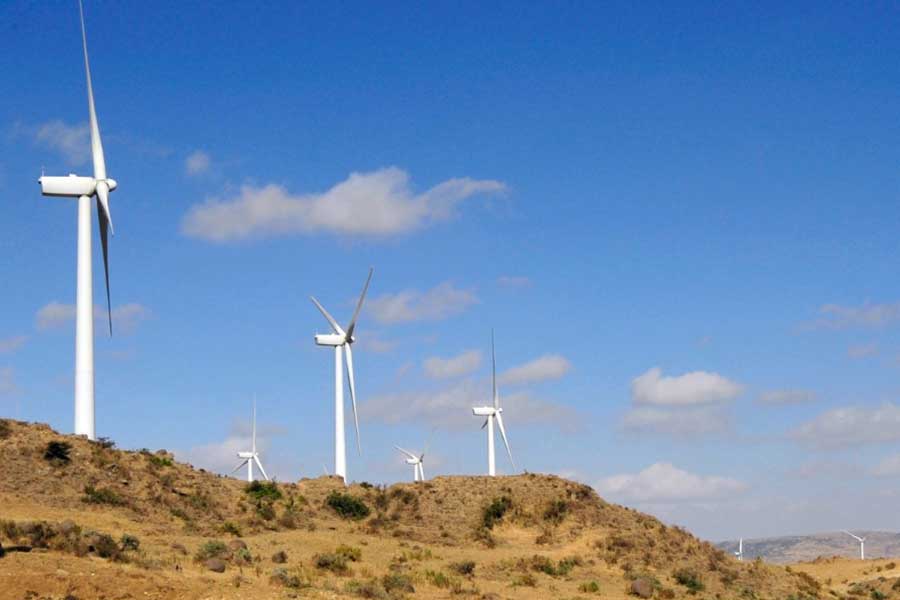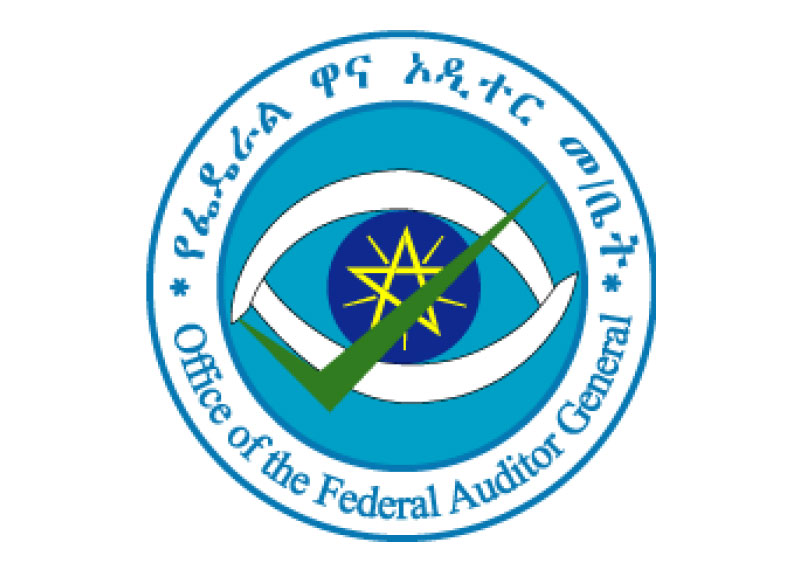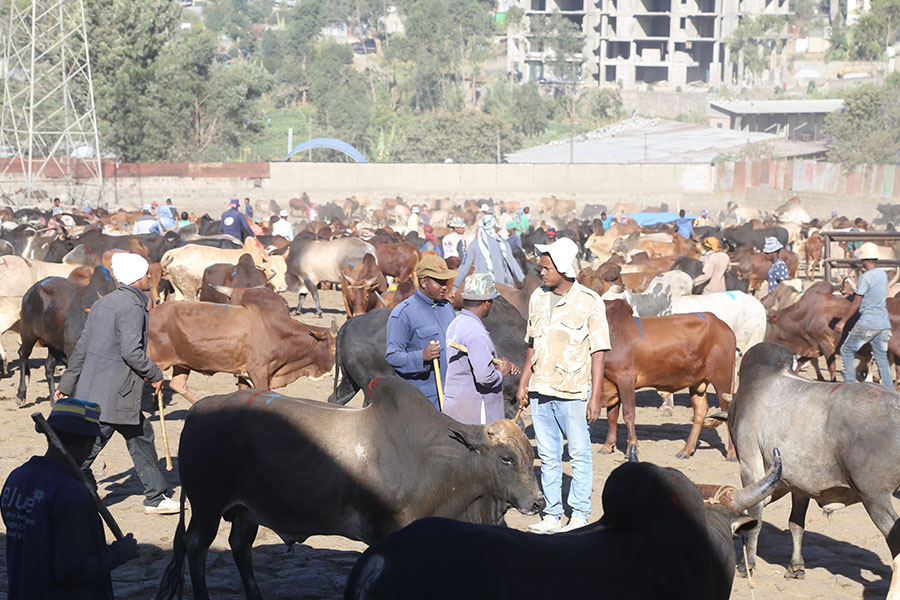
Viewpoints | Jan 18,2020
Oct 10 , 2020
By Bebizuh M. Menkir
The risks that Lake Tana faces because of water hyacinth, aka enboch, have become more and more worrisome over the past few years. The problem is frequently discussed but, meanwhile, the weed continues its slow, unrelenting campaign to cover and strangle the lake.
Despite successive pleas to save the lake from this pervading danger, the federal and regional governments have been unable to take the necessary steps that would help address the problem. This is despite the periodic mentions it gets from authorities who are eager to show that they have the lake in their hearts.
There does not seem to be a consistent response to the infestation. Neither is there a consolidated attempt to impress upon the public the unprecedented problem that is being faced and inform it of the progress that is being made.
Remember, this problem has been around for almost a decade now. It should at this point behoove us to explore the possible legal options that need to be pursued, side by side other measures to save the Lake.
A government has multiple legal responsibilities to undertake to assure the well-being of the general public, including future generations. One of its duties is the protection and preservation of the environment. To this end, different legal frameworks have been passed at the international and national levels that prescribe the responsibilities of the government in this respect.
Lakes fall under natural resources that the government owes special protection and preservation as part of its responsibility to protect the environment.
As such, the failure of the government to preserve lakes and protect them from deterioration will amount to a breach of its legal obligation. It is possible, thus, to put the urgency upon the government by filing a court action. Such an action is known as public interest litigation and can be filed by non-governmental organisations, civic societies or any member of the public against the governmental organ that is believed to have failed to discharge its responsibilities.
Through these kinds of direct court actions, legally appropriate orders for the preservation and protection of the environment could be passed against the government.
In Ethiopia’s context, government both at the federal and regional levels have been legally established to work on the protection of the environment, including the preservation of natural resources. In this case, there is the Environment, Forest & Climate Change Commission and the Amhara National Regional State Environment, Forest & Wildlife Protection & Development Authority. These government organisations bear the responsibility for protecting our natural environment.
A few years have already passed since the danger that water hyacinth (enboch) poses to Lake Tana came to the public’s attention.
From the special status that the lake has, combined with the magnitude of the danger that it is facing, what other greater danger has captured the attention of these governmental organs to distract them from this important task?
Indeed, the failure to protect this natural wonder rests with the government.
Lake Tana is not just the largest lake in Ethiopia. It is home to various flora and hundreds of fauna, including endemic fish species. Most importantly, it is the source of the Blue Nile. All the resources that are being showered and the progress that has been made over the construction of the Grand Ethiopian Renaissance Dam (GERD), including the diplomatic rift that we are in with the lower riparian countries of the Nile Basin, will be greatly undermined in the absence of appropriate attention given to the imminent threat of water hyacinth.
For such compounding reasons, there is enough ground to file a public interest litigation suit in a court of law against environmental government organs. It could be one of many ways to save the Lake from the danger that is hovering over it.
It is not like the country has not had experience with such suits. The Action Professional Association for the People (APAP), a non-profit organisation, set an impressive precedent when it took to court the then Ethiopian Environmental Protection Authority after it failed to take action against urban pollutants.
The legal environment is relativity permissive for civic societies to institute public interest suits against the government organs. Relevant lessons can be taken from the Association vs. Authority case and utilised to make a strong case against the government.
Through such public interest litigation suits, we can add additional pressure to awaken the government to the sheer urgency the situation demands and its responsibility to the preservation of the environment that they have. It will also be helpful to put on trial the progress that the Ethiopian judiciary has made in entertaining public interest suits.
PUBLISHED ON
Oct 10,2020 [ VOL
21 , NO
1067]


Viewpoints | Jan 18,2020

Fortune News | Mar 23,2022


Fortune News | Nov 02,2019

Editorial | Jul 02,2022

Radar | Jul 03,2021

Viewpoints | Sep 19,2020

Fortune News | Oct 17,2020

Radar | Jan 21,2023

Fortune News | Jun 04,2022

Photo Gallery | 176834 Views | May 06,2019

Photo Gallery | 167048 Views | Apr 26,2019

Photo Gallery | 157606 Views | Oct 06,2021

My Opinion | 136934 Views | Aug 14,2021

Dec 22 , 2024 . By TIZITA SHEWAFERAW
Charged with transforming colossal state-owned enterprises into modern and competitiv...

Aug 18 , 2024 . By AKSAH ITALO
Although predictable Yonas Zerihun's job in the ride-hailing service is not immune to...

Jul 28 , 2024 . By TIZITA SHEWAFERAW
Unhabitual, perhaps too many, Samuel Gebreyohannes, 38, used to occasionally enjoy a couple of beers at breakfast. However, he recently swit...

Jul 13 , 2024 . By AKSAH ITALO
Investors who rely on tractors, trucks, and field vehicles for commuting, transporting commodities, and f...

Oct 18 , 2025
The political establishment, notably the ruling party and its top brass, has become p...

Oct 11 , 2025
Ladislas Farago, a roving Associated Press (AP) correspondent, arrived in Ethiopia in...

Oct 4 , 2025
Eyob Tekalegn (PhD) had been in the Governor's chair for only weeks when, on Septembe...

Sep 27 , 2025
Four years into an experiment with “shock therapy” in education, the national moo...

Oct 18 , 2025 . By NAHOM AYELE
In a sweeping reform that upends nearly a decade of uniform health insurance contribu...

A bill that could transform the nutritional state sits in a limbo, even as the countr...

Oct 18 , 2025 . By SURAFEL MULUGETA
A long-planned directive to curb carbon emissions from fossil-fuel-powered vehicles h...

Oct 18 , 2025 . By BEZAWIT HULUAGER
Transaction advisors working with companies that hold over a quarter of a billion Bir...